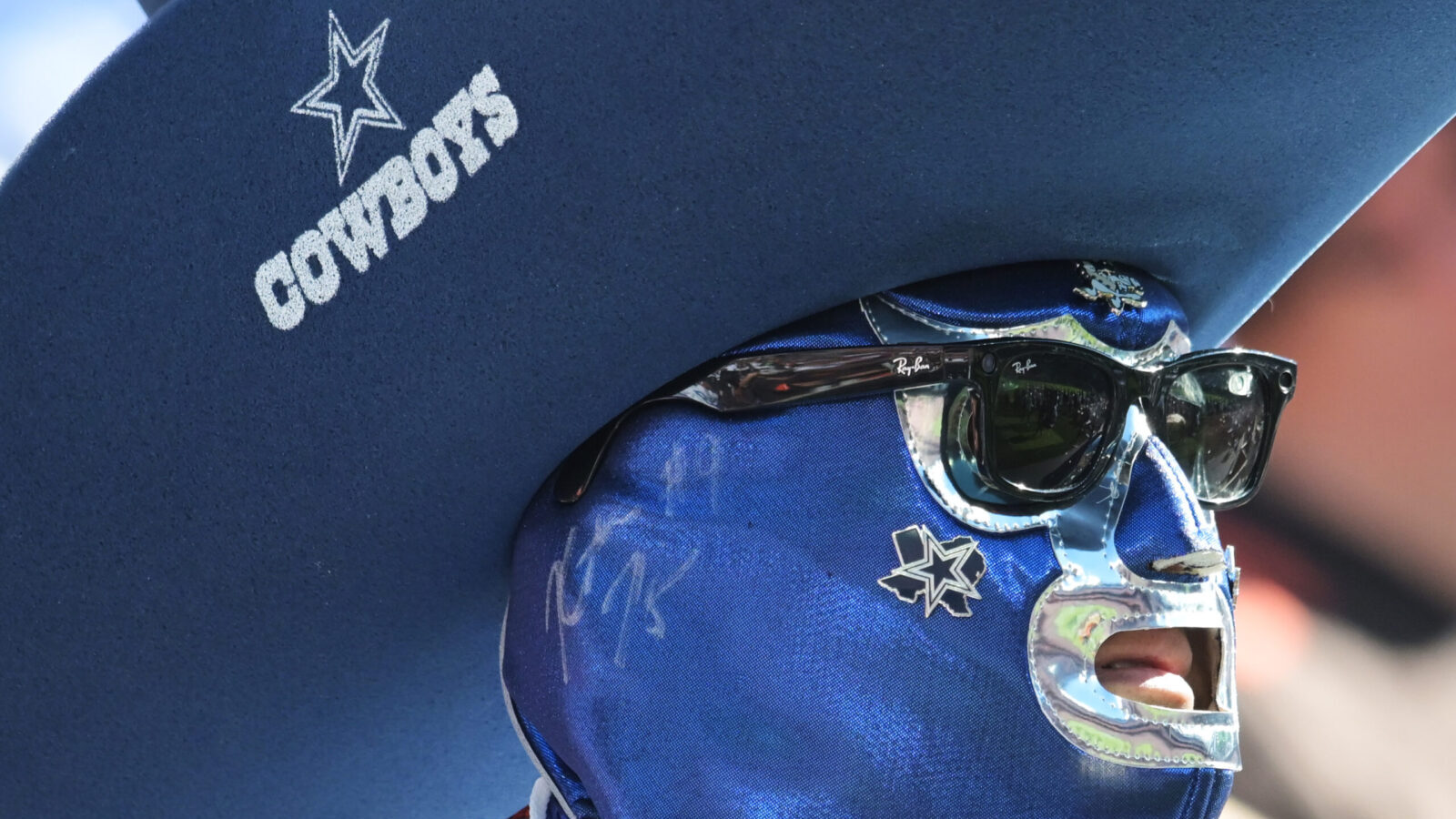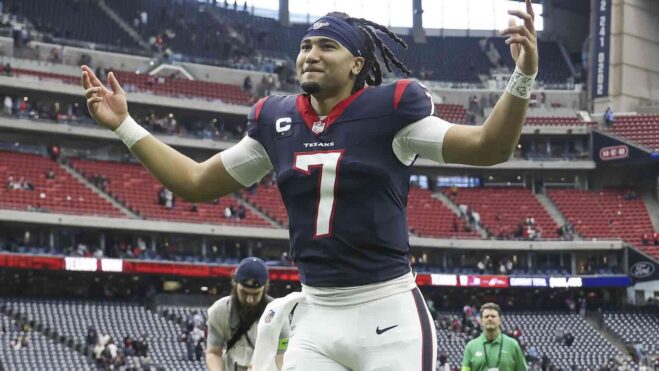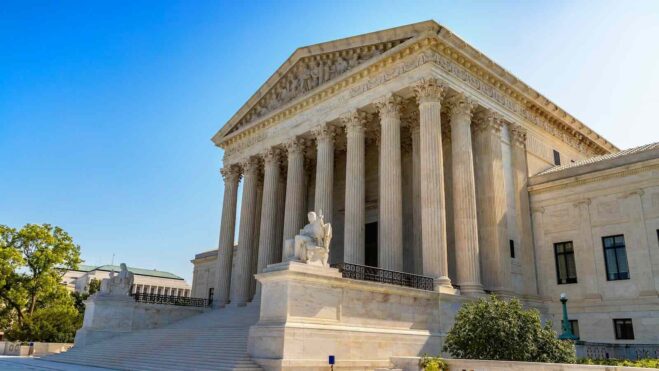Why Texas, Not California, May Be The True Top Prize For Commercial Sportsbooks
‘Once the floodgates open, within six to nine months Texas will become one of the leading states for handle’
3 min

A new year comes with new legislative sessions and a new round of gambling bills to monitor.
When it comes to sports betting, Minnesota is kicking the tires again. There will likely be an attempt in Oklahoma, too. Nebraska is looking at removing a ban on in-state college betting.
But no state will get more attention than Texas. Sports betting advocates are flocking there in hopes of pushing legislation across the finish line in 2025.
California, meanwhile, has zero potential for legalization in 2025. But even if California was in the picture, Texas may still be getting the lion’s share of lobbyist attention.
Because, despite California topping Texas in population by nearly 9 million people, and despite California being long thought of as the Holy Grail for sportsbooks, Texas will likely be more lucrative for commercial operators.
“You will continue to see narratives surfacing that paint sports betting as positive until Texas happens,” Dustin Gouker, a sports betting consultant and author of The Closing Line newsletter, told Casino Reports. “Why? Because it’s by far the biggest state left that could realistically pass an online sports betting bill that would greatly benefit the current sportsbook operators. It’s not clear California will legalize sports betting any time soon, and if it does, it’s not clear it will be great for FanDuel, DraftKings, et al.”
Texas: All leverage belongs to operators
On an level playing field, California revenue would outpace Texas revenue.
But the playing fields will not be level.
In Texas, commercial operators won’t have a deep-rooted gambling establishment to appease. House Joint Resolution 102, the sports betting bill that passed the Texas House in 2023 but not the Senate, said pro sports teams, national tour golf courses, horse racetracks, and auto racetracks could offer sports betting.
The FanDuels of the world would have all the leverage in negotiations with those entities. None of them have any sway over the Texas gambling scene because … there is no scene. So there is no real gambling industry experience on their side of the negotiating table, either.
(Texas tribes — who run Class II gambling facilities — are not mentioned in HJR 102.)
Cali: Operators are sidekicks at best
California would be a very different beast.
Commercial operators were beaten to submission by California tribes in the 2022 election, when Prop 27 — which would have legalized online sports betting via commercial operators — got only 17.7% of “Yes” votes.
Since 2022, operators have bent the knee to California’s powerful gaming tribes and basically said, “We’ll play whatever role you want us to have in California sports betting. Please, just let us have some role.”
Take it directly from FanDuel CEO Amy Howe, who spoke at the Indian Gaming Tradeshow and Convention in California in April:
“I think if we can work together and figure out a structure that goes through the tribes but also takes full advantage of what we’ve built over not just six years of being an operator of online sports betting in the U.S. but we’re also backed by the largest global gaming company, there’s something really powerful that we can do together.”
Jordan Reay is a U.S. sports betting analyst and consultant for Playtech after serving as their head of sports product for three years. He agreed any sports betting market in California would be structured with “appeasing of the tribes” in mind and greatly reduce the revenue potential for operators.
Texas, on the other hand, could provide immediate returns on investment.
“Texas, due to locality, means a huge number of people are already able to bet with legal books [in neighboring states],” Reay told Casino Reports. “So once the floodgates open, the expectation is that within six to nine months it will become one of the leading states for handle — obviously factoring in the vast sums of money within the state. California does seem hell-bent on delaying, and with that, the problems unfold in other states, making the case to not legalize stronger.”
What revenue projections really mean in CA, TX
Ahead of the 2022 election, predictions for sports betting revenue in California were around $3.1-3.4 billion annually. However, that didn’t specify how much actually went to the commercial operators.
And that was before Prop 27’s lopsided defeat guaranteed the operators’ slice of revenue would be as small as tribes want it to be.
Projections for Texas, meanwhile, are $2.4 billion revenue in the first year and $3.5 billion in the third year, per Eilers and Krejcik. We can safely assume commercial operators would get a larger percentage of that than they would with California revenue.
Those are the numbers floating around as efforts to legalize Texas sports betting kick into high gear this winter. A group called the Texas Sports Betting Alliance, which includes the major pro sports teams in the state, leads the charge. Its spokesperson, former Texas Secretary of State John Scott, used to be the deputy attorney general for Lt. Gov. Dan Patrick — who happens to be the largest obstacle to legal sports betting in Texas.
“He’s always made it clear,” Scott told CBS Austin in December of his former boss, “that if there is a groundswell within the Senate from their constituents that they want [sports betting], then he’s open to it.”
But noise, alone, won’t sway Patrick or the GOP senators in the state, many of whom have hard-line stances against expanded gambling.
Gouker remains down on the chances of a bill passing this year.
“I don’t think much of anything is going to move the needle for Texas sports betting in the short term or for 2025,” he told Casino Reports. “The hurdles to get it to the finish line seem too great.”






